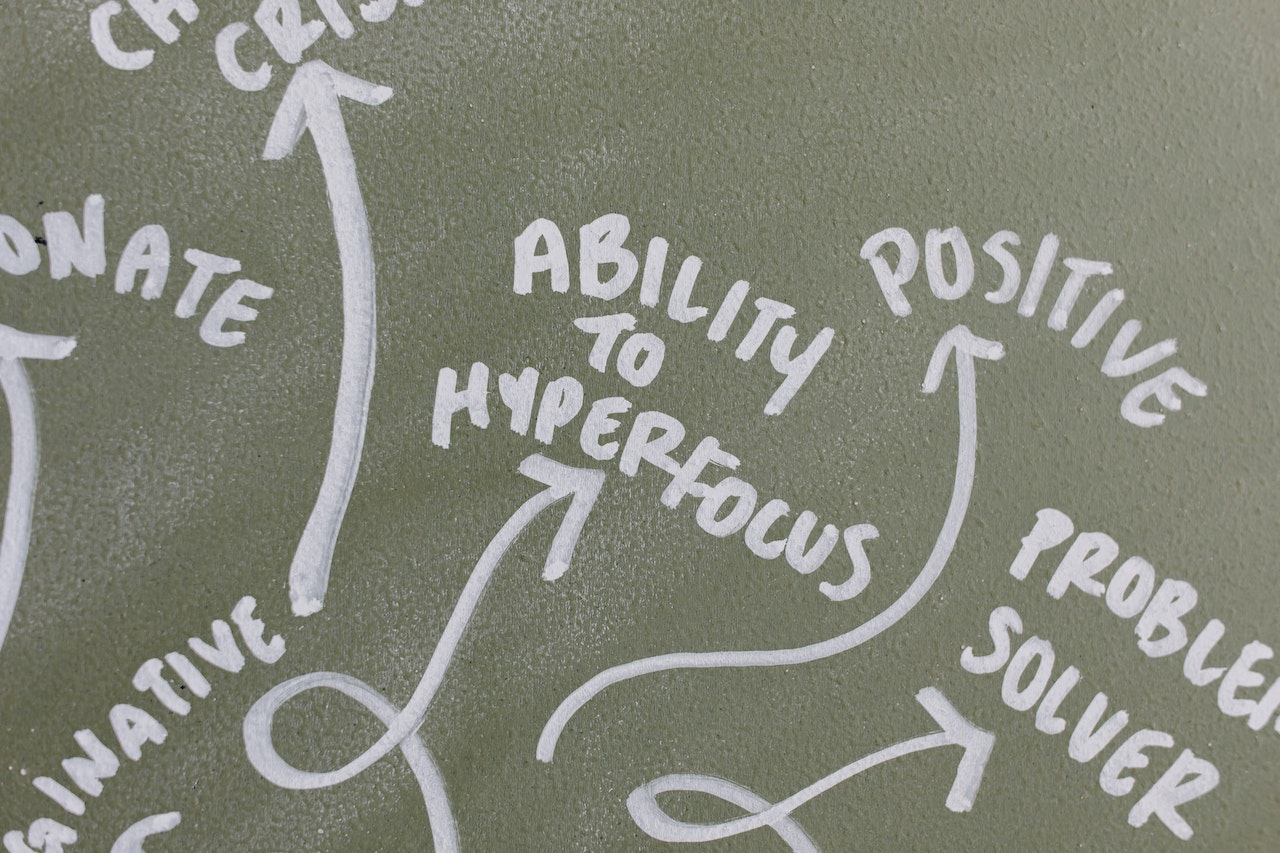What are essential skills and why should you include them in your resume?
Essential skills are the fundamental abilities and qualities that employers look for in a job candidate, regardless of the industry or position. These skills are the foundation of a successful career and include both technical and soft skills. Technical skills are specific to a particular field or job, such as proficiency in programming languages or knowledge of specific software. Soft skills, on the other hand, are interpersonal skills that enable you to work effectively with others, such as communication, leadership, and problem-solving.
Including essential skills on your resume is crucial for several reasons:
- First, it helps you demonstrate your value to potential employers by showcasing your relevant skills and experiences. This can make you a more attractive candidate and increase your chances of getting an interview.
- Second, it helps employers quickly and easily assess your qualifications and suitability. By highlighting your essential skills, you can make it clear to hiring managers that you have the skills and qualities they need in a candidate.
- Finally, including essential skills on your resume can help you identify areas where you may need to improve or develop new skills to advance in your career. By regularly assessing your skills and updating your resume, you can stay competitive in today’s job market and continue to grow and develop professionally.
1. Communication & interpersonal skills
Communication and interpersonal skills are critical components of success in any workplace. Communication skills refer to an individual’s ability to convey information effectively, whether it is written or verbal communication. This includes active listening, clarity in speech, and appropriate nonverbal communication. Effective communication is necessary for expressing ideas, collaborating with others, and building relationships within the workplace.
Interpersonal skills, on the other hand, refer to an individual’s ability to interact with others in a respectful, courteous, and professional manner. This includes skills such as empathy, emotional intelligence, and conflict resolution. Interpersonal skills are essential for building relationships with colleagues, clients, and stakeholders and are crucial for maintaining a positive and productive work environment.
Teamwork skills are also critical for success in any workplace. The ability to work collaboratively with others, contribute ideas, and provide support to team members is essential for achieving common goals. Teamwork skills require effective communication and interpersonal skills, as well as the ability to delegate tasks, make decisions, and solve problems as a group. Strong teamwork skills are highly valued by employers and are essential for success in many industries, from healthcare to finance to technology.
2. Leadership & management essential skills
Leadership qualities and management abilities are critical skills for individuals in leadership positions. Leadership qualities refer to the personal characteristics that enable individuals to inspire, motivate, and guide others toward achieving common goals. This includes skills such as vision, charisma, and emotional intelligence. Effective leaders are able to inspire others to perform at their best and create a positive and productive work environment.
Management abilities, on the other hand, refer to an individual’s ability to plan, organize, and oversee tasks and projects to achieve specific goals. This includes skills such as delegation, decision-making, and problem-solving. Effective managers are able to identify the strengths and weaknesses of their team members and delegate tasks accordingly to maximize productivity. They are also able to make informed decisions, communicate effectively, and solve problems in a timely and efficient manner.
Developing and honing these skills can help you advance your career and achieve your professional goals.
3. Technical expertise
Technical expertise refers to an individual’s knowledge, skills, and experience in a specific technical field or industry. This includes technical know-how and technical experience gained through education, training, and hands-on experience. Technical expertise can be demonstrated through proficiency in specific software programs, programming languages, or other technical tools and equipment.
Having technical expertise is essential for success in many industries, particularly those that rely heavily on technology, such as engineering, information technology, and healthcare. Individuals with technical expertise are often sought after by employers for their ability to solve complex problems, develop innovative solutions, and provide technical support and guidance to their colleagues.
Technical expertise can be developed through a combination of education, training, and hands-on experience. Individuals can acquire technical expertise through formal education, such as obtaining a degree or certification in a specific technical field, as well as through on-the-job training and professional development opportunities.
In today’s rapidly changing technological landscape, individuals with strong technical expertise are highly valued by employers and can enjoy rewarding and lucrative careers. Developing and maintaining technical expertise can help individuals stay competitive in their industry and advance their careers.
4. Adaptability & problem-solving abilities
Adaptability and problem-solving abilities refer to an individual’s capacity to adjust to changing circumstances and find effective solutions to complex problems. Adaptable individuals are able to respond to changes in their environment or work conditions with flexibility and resilience and are able to learn new skills and adapt to new situations quickly. Problem-solving aptitude, on the other hand, refers to an individual’s ability to identify, analyze, and solve complex problems in a systematic and efficient manner.
Adaptability and problem-solving abilities are essential skills for success in today’s rapidly changing business environment. As businesses continue to face new challenges and uncertainties, individuals who are adaptable and possess strong problem-solving abilities are able to navigate these challenges and find innovative solutions that drive success.
Developing adaptability and problem-solving abilities requires a combination of skills and experience. Individuals can develop these skills by seeking out new challenges and experiences, taking on new roles or projects, and seeking feedback and guidance from mentors and colleagues. Additionally, individuals can develop problem-solving skills through formal education, such as taking courses in data analysis, statistics, and logic, as well as through practical experiences, such as working on complex projects or participating in problem-solving exercises.
In today’s competitive job market, employers seek individuals who are adaptable and possess strong problem-solving abilities. By developing and honing these skills, individuals can position themselves for success in a wide range of industries and professions.
5. Critical thinking & analytical essential skills
Critical thinking and analytical skills refer to an individual’s ability to gather, analyze, and evaluate information in order to make informed decisions and solve complex problems. Critical thinking ability involves the capacity to question assumptions, evaluate evidence, and consider multiple perspectives in order to arrive at a well-reasoned conclusion. Analytical mindset refers to an individual’s approach to problem-solving, which involves breaking down complex problems into smaller components, analyzing each component in detail, and then synthesizing the information to arrive at a solution.
Critical thinking and analytical skills are highly valued by employers, as they enable individuals to make informed decisions, identify opportunities for improvement, and solve complex problems in a variety of contexts. These skills are particularly important in fields such as business, science, and engineering, where individuals must be able to gather and evaluate data to make informed decisions.
Developing critical thinking and analytical skills requires practice and experience. Individuals can develop these skills through formal education, such as taking courses in logic, statistics, and data analysis, as well as through practical experiences, such as working on complex projects or participating in problem-solving exercises.
In today’s complex and fast-paced business environment, individuals with strong critical thinking and analytical skills are highly sought after by employers and can enjoy rewarding and fulfilling careers. By developing and honing these skills, individuals can position themselves for success in a wide range of industries and professions.
6. Time management & organizational skills
Time management and organizational skills refer to an individual’s ability to effectively manage their time, prioritize tasks, and organize their work in a way that maximizes productivity and efficiency. Time management skills involve the ability to set goals, prioritize tasks, and allocate time effectively, while organizational ability refers to an individual’s ability to create and maintain systems for managing their workload, such as keeping track of deadlines, maintaining schedules, and organizing documents and files.
Time management and organizational skills are highly valued by employers, as they enable individuals to work efficiently, meet deadlines, and achieve their goals. These skills are particularly important in fast-paced work environments, where individuals must be able to manage multiple tasks and projects simultaneously.
Developing time management and organizational skills requires practice and experience. Individuals can develop these skills by setting goals, prioritizing tasks, and creating systems for managing their workload. Additionally, individuals can improve their time management skills by using tools and techniques such as to-do lists, time-tracking software, and productivity apps.
In today’s competitive job market, employers seek individuals who are able to effectively manage their time and work efficiently. By developing strong time management and organizational skills, individuals can position themselves for success in a wide range of industries and professions.
7. Professional networking knowledge
Professional networking skills refer to an individual’s ability to build and maintain relationships with others in their industry or profession. Networking involves making connections with other professionals, exchanging information and resources, and building a community of support and collaboration.
Networking is a key skill for success in many industries and professions. By building relationships with others in their field, individuals can learn about new job opportunities, gain insight into industry trends, and establish themselves as thought leaders in their field.
Developing professional networking skills requires a combination of social skills and strategic thinking. Individuals can improve their networking skills by attending industry events and conferences, joining professional organizations, and engaging with others on social media platforms such as LinkedIn. Additionally, individuals can build their network by volunteering for industry-related events or projects and by seeking out mentors and other experienced professionals in their field.
In today’s competitive job market, individuals who possess strong networking skills are better positioned to succeed. By building and maintaining a strong network of professional contacts, individuals can open up new opportunities, gain valuable insights into their field, and establish themselves as respected members of their industry or profession.
In conclusion, including some of the seven essential skills on your resume can help you stand out from the crowd and position yourself for success in today’s competitive job market. By highlighting your communication and interpersonal skills, leadership and management abilities, technical expertise, critical thinking and analytical skills, adaptability and problem-solving abilities, time management and organizational skills, and professional networking skills, you can demonstrate to employers that you possess the skills and experience necessary to succeed in their organization. Developing these skills requires a combination of practice, experience, and education, but by investing in your professional development and highlighting these skills on your resume, you can increase your chances of securing your dream job and achieving your career goals.
Photo by Tara Winstead from Pexels



Leave A Comment